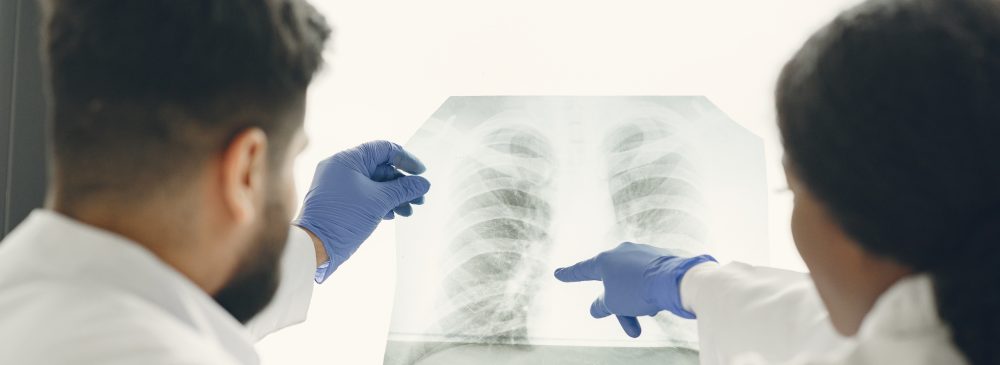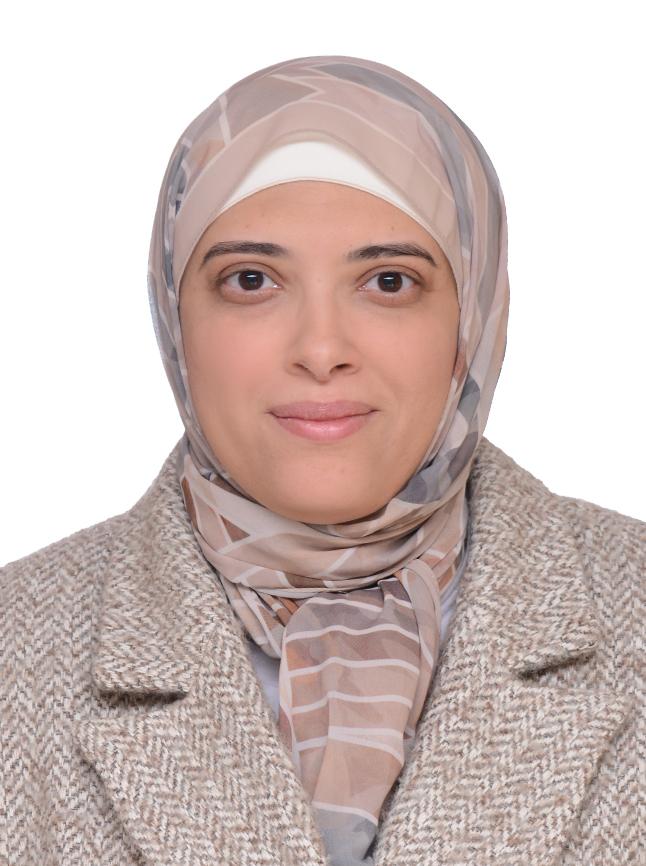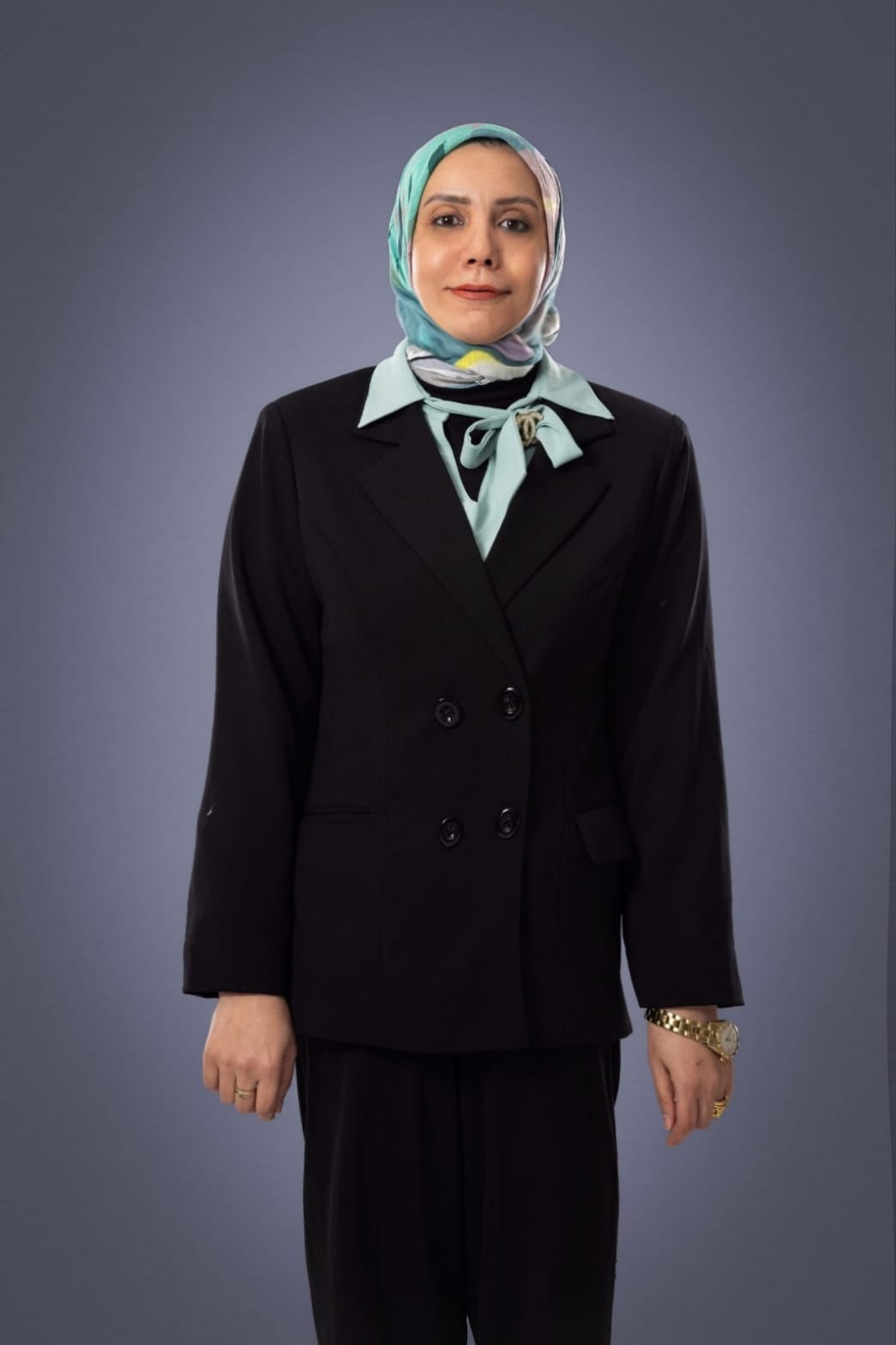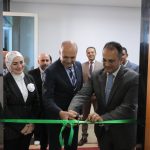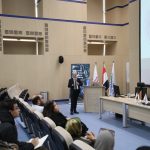Graduates of this program will possess the following learning outcomes:
Operate and detect various mechanical ventilators and respiratory equipment problems and solve them.
Conduct a thorough respiratory system evaluation and detect abnormalities.
Identify the emergency procedures and the ability to administer cardiopulmonary resuscitation (CPR).
Provide safe care for endotracheal intubation and ensure the airway remains patent using various available techniques.
Prepare the medications and equipment necessary for respiratory therapy properly and safely.
Give blood and fluids safely.
Give blood and fluids safely.
Explain the anatomy, physiology, and pathophysiology of the respiratory system, including cardiopulmonary interactions, assessed through simulation assessments and exams.
Address abnormalities in patient data during respiratory therapy interventions, demonstrating accuracy through monitoring logs and instructor feedback.
Administer medications according to established protocols, with adherence monitored through treatment logs and instructor audits.

